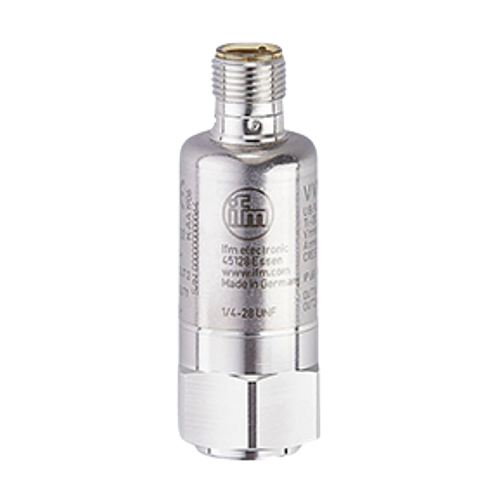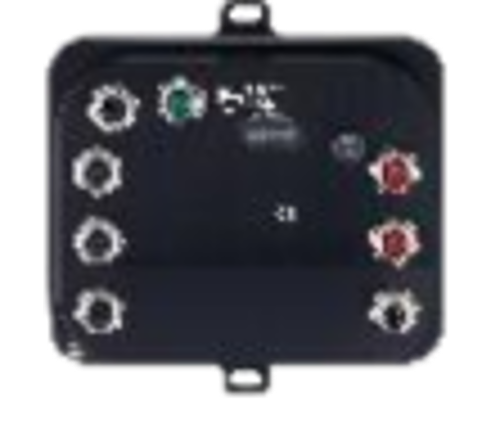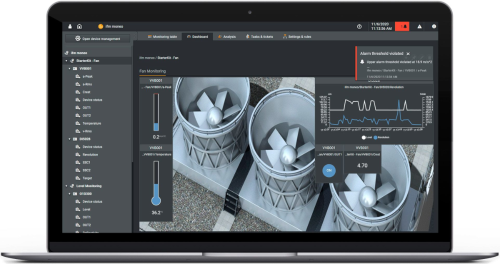Automotive scrap reduction
How to reduce scrap and improve performance in automotive manufacturing processes
A global manufacturer of braking systems contacted ifm because their tooling inserts kept breaking. This reduced product quality because the broken tools did not operate as precisely as necessary.
We helped the manufacturer implement a real-time monitoring and predictive maintenance system. It enables plant workers to repair or replace damaged tooling inserts before they affect product quality.

Jump to:
Results
- Saved over $230,000 annually in scrap costs per line
- Reduced unplanned downtime with continuous, real-time monitoring
- Effectively reduced tool cost by increasing tool life expectancy
- Reduced scrap from 7-10 parts per tool break to 0-1 with real-time detection
- Solution costs $5k to $10k for 3 to 8 CNC lathes per line
The challenge
This automotive manufacturer’s production process utilizes end-of-line quality checks following their sequential lathe machining operations. During many of the operations, tooling inserts often broke, resulting in incomplete or damaged parts. These parts continued to run through the remaining operation steps before the broken tool was identified, resulting in an increased amount of finished product scrap.
- Maintenance is reactive instead of scheduled as failures cannot be predicted
- Loss of revenue due to stall in production because of inoperative machinery
- Delays in maintenance due to the time it takes to submit, assign, and complete a work request
The solution – why ifm?
ifm worked with the customer to identify possible bottlenecks in their operations, common equipment failure modes or opportunities for improvement. We developed a system that included:
- A monitoring method, which could warn of tool breakage
- An integration path to existing machine control, enabling isolated tool tracking, monitoring, and notification
- A process to isolate damaged parts for immediate operator evaluation
- Continuously monitoring vibration signals using edge analytic devices
- Individual tool monitoring with trend enabling condition-based (vs. cycle-based) replacement of worn components
- Direct machine notification providing real time quality monitoring and the ability to quarantine parts for evaluation

- Early warning motor vibration threshold reached on October 18th.
- Failure occurred after startup on October 22nd.
- 10 hours of unplanned downtime.
- Vibration levels after motor replacement.
Technologies
Explore the underlying technologies that power this solution.

IO-Link technology is fundamental in real time monitoring and is embedded in ifm sensors. This technology allows the sensors to communicate the health and condition data via ethernet for processing. IO-Link communication provides fully digital data, resulting in higher quality measurements eliminating analog conversions.

ifm vibration sensors have a simple digital interface that can be easily set for individual tool monitoring, allowing for fully customizable process limits.

Programmable edge controllers use real-time mathematical modeling by converting large sets of raw data into smaller calculated root cause information.

moneo|software contains drag and drop dashboards used to implement real-time monitoring of vibration values. These visuals can be programmed to show the progression and end-of-life data for multiple tools.
Gain a competitive edge with ifm
To learn more about ifm sensor systems and asset reliability products to improve the performance of your complete operation contact your local ifm Sales Engineer or email cs.us@ifm.com.


